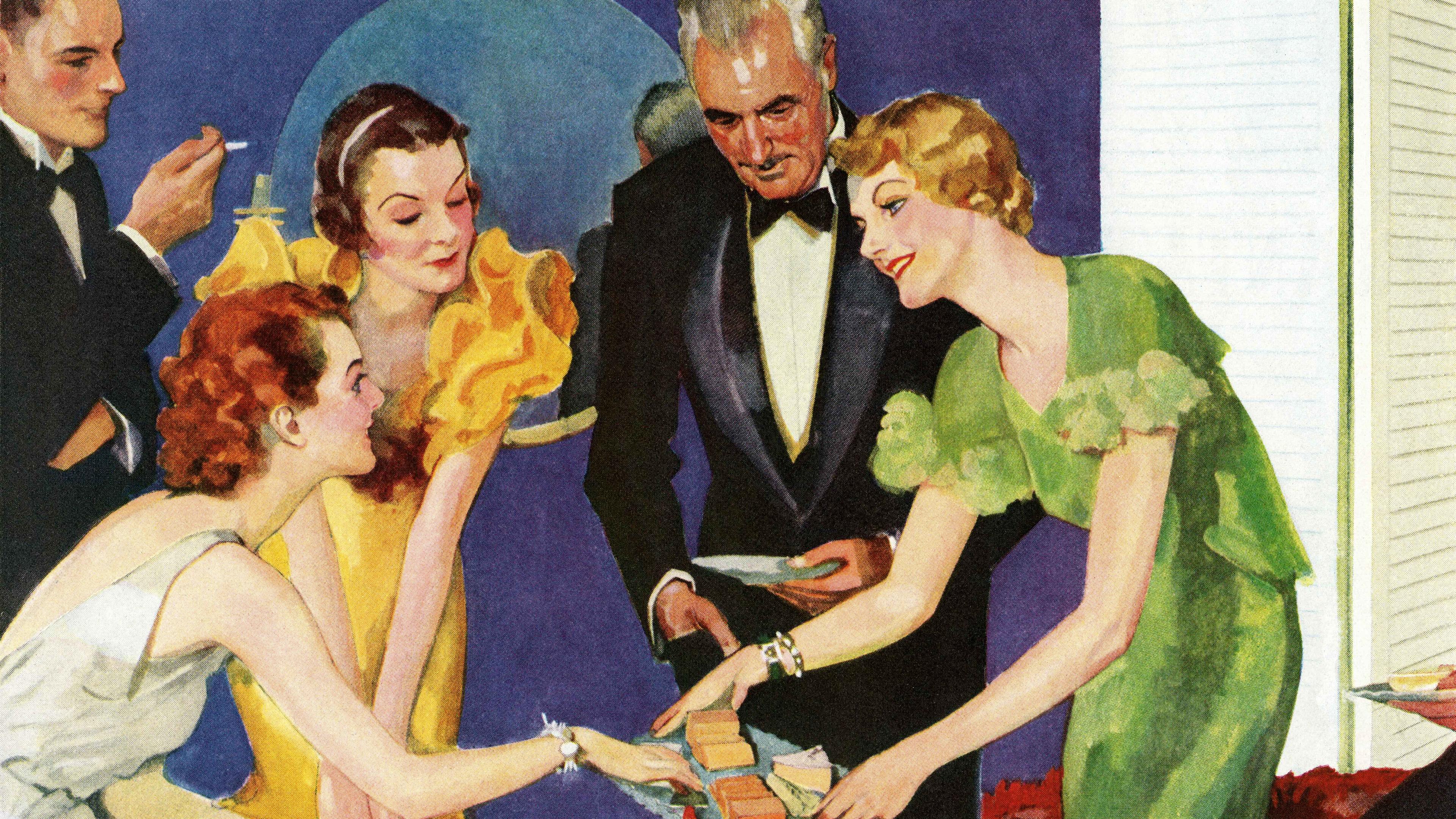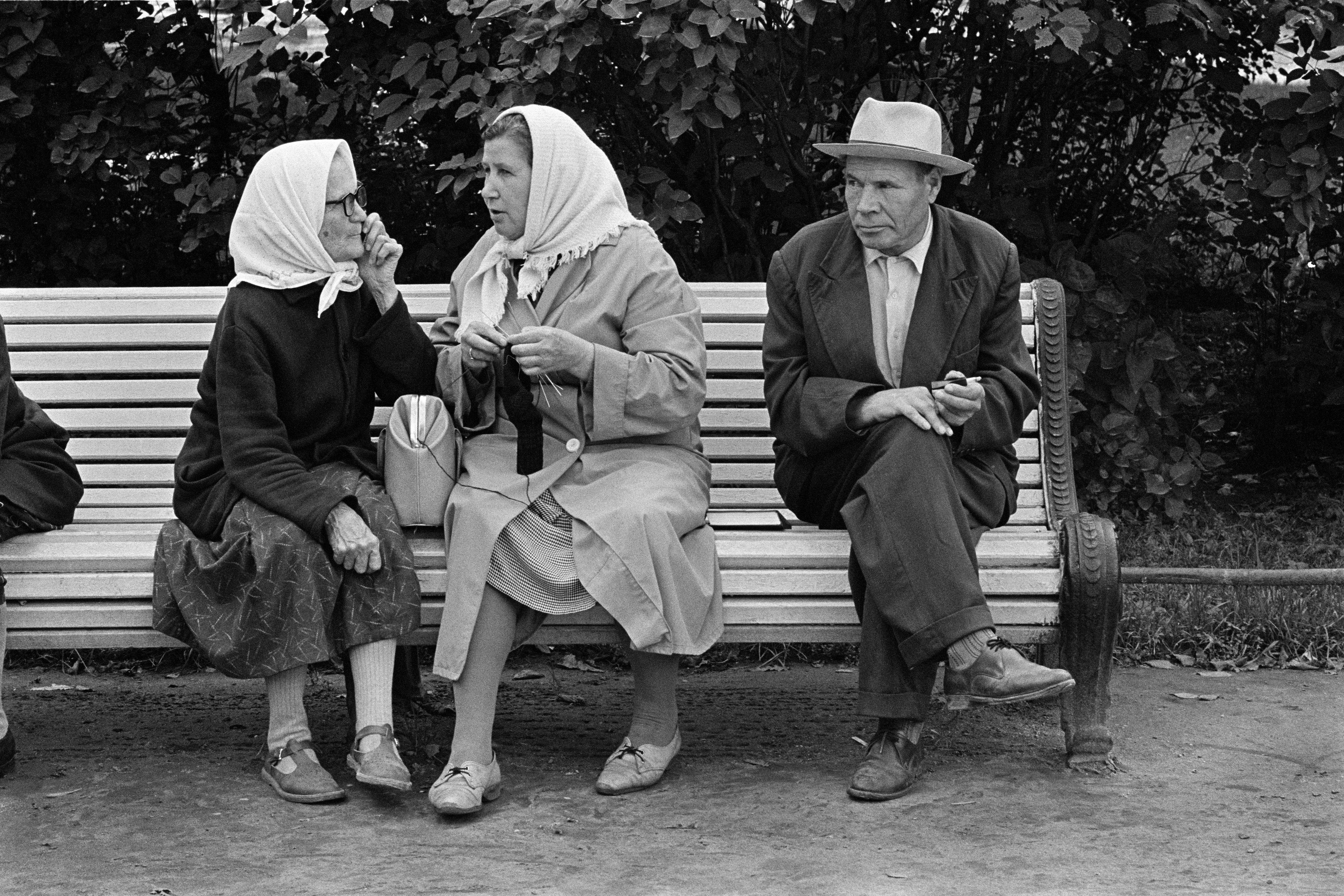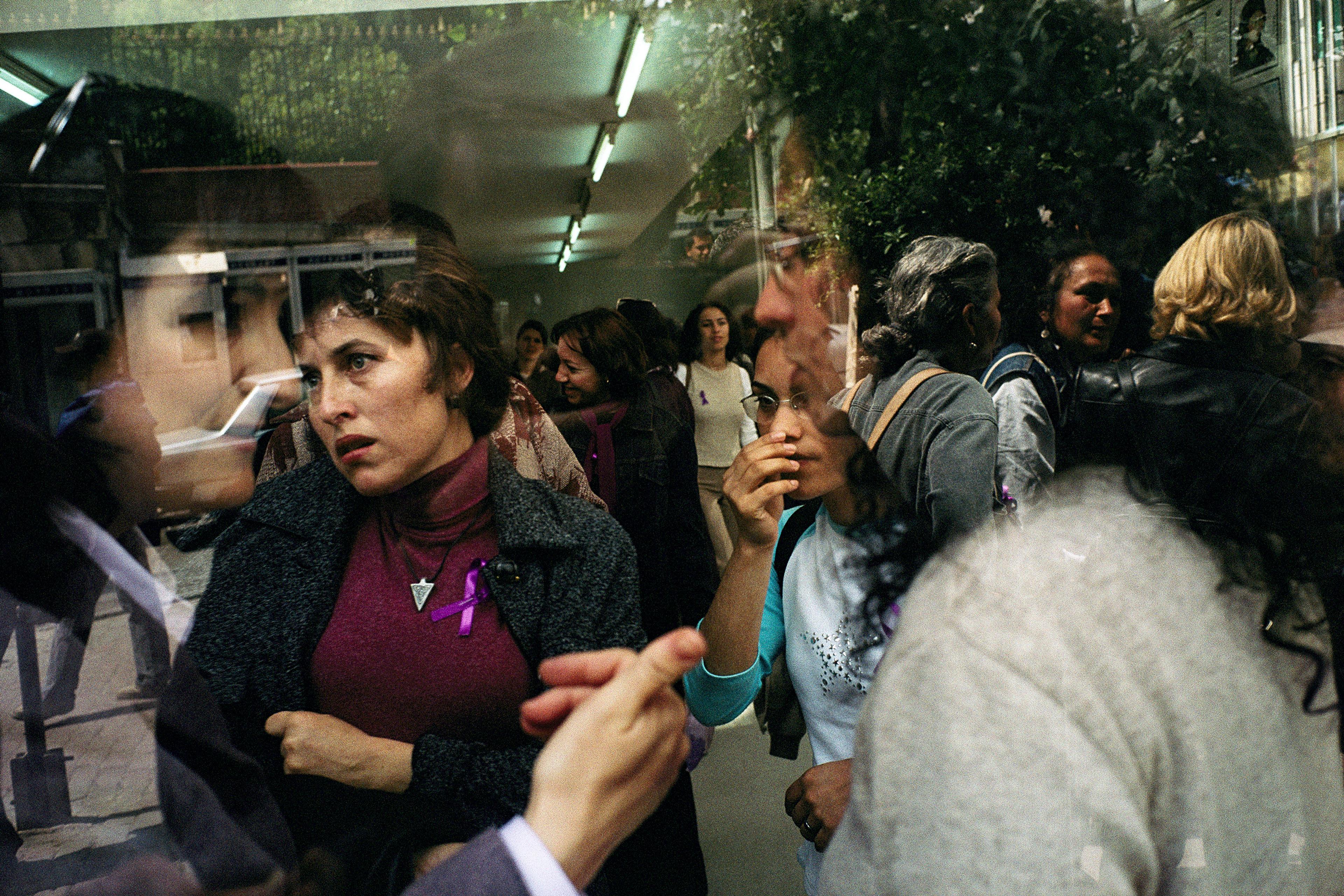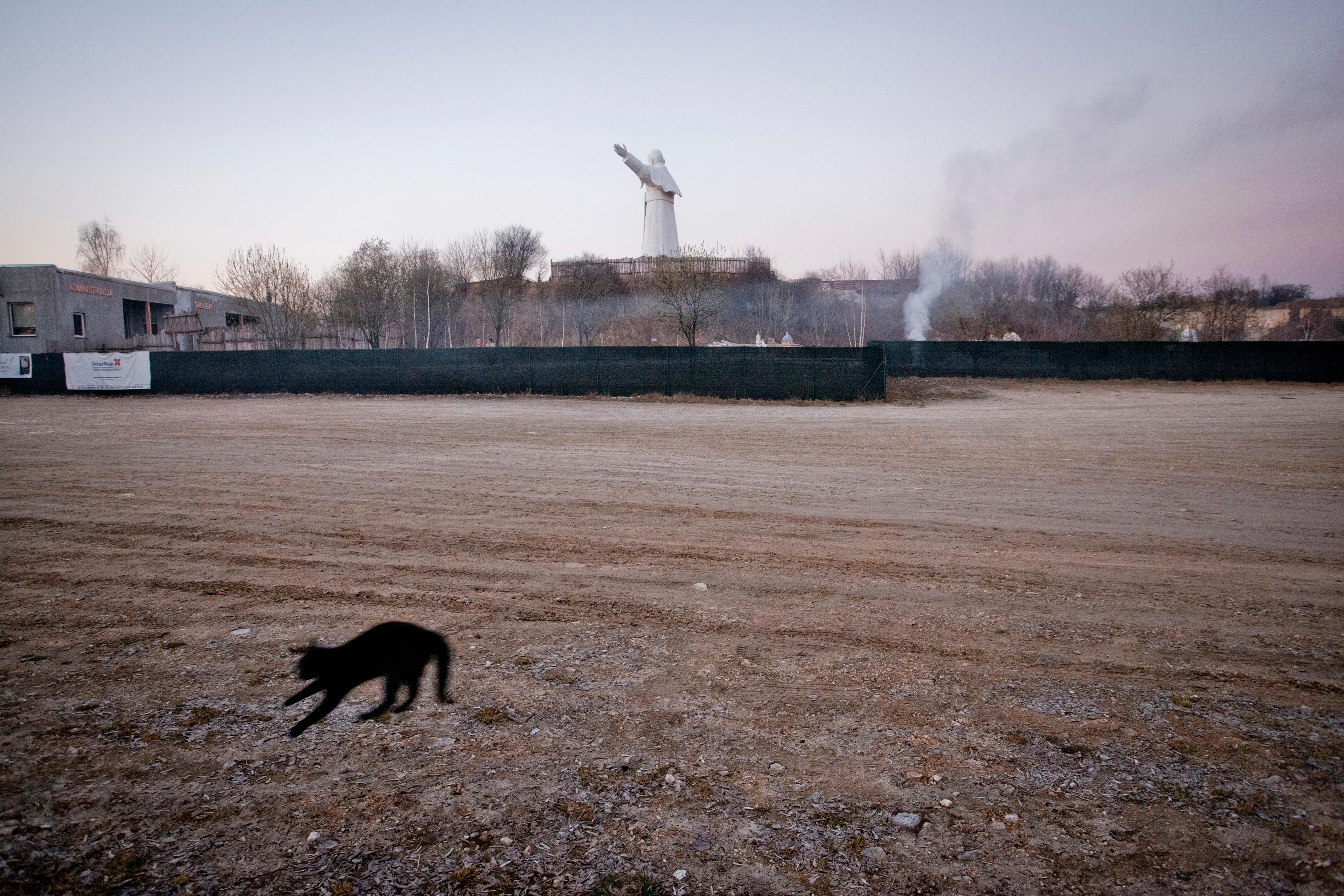Growing up, most of us are taught that honesty is the best policy. However, we soon learn that this ‘policy’ resides more in theory than in practice. On average, people tell one or two lies every day. Mostly, these are ‘little white lies’ – lying to a friend that you like their new outfit, or telling a colleague that you value their contributions to a project, when you really don’t. In such situations, and myriad others, the liar considers the truth to be harmful, unnecessary and inconvenient. In contrast, the lie is seen as seemingly inconsequential and morally justified.
Think of family mealtimes, which frequently involve navigating the tension between honesty and kindness, judiciously choosing your words and silences, steering conversations away from controversial topics, and keeping the extra glass of in vino veritas away from that relative. For most of us, this means opting to tell a ‘little white lie’ or two. Polite dinner guests praise the dry roast and burnt carrots. Young couples laugh nervously when asked about when they might get married or have a child. Some of us tell bigger lies, about our sexual orientation, political beliefs or rumblings at work about imminent layoffs. Lies come easily in these situations if you see them as the makings of peace and togetherness.
As social scientists studying the consequences of lies, we’ve come to the conclusion that these widespread beliefs and practices involving deception are wrong and harmful. Lies – even the little ones – don’t help as much as you might think, and they cost far more than you imagine.
Of course, philosophers and others have for millennia characterised honesty as a virtue, something that a good person does and the outcome of an ethical choice. This is not the argument we’re making. In fact, we think that seeing honesty in this way is unhelpful because it means people can apply the same frame to endorse ethically sanctioned deception – the lies told to avoid harm, spare people’s feelings, or justified in the paternalistic sense that the truth is not what anyone needs to hear right now. Rather, our belief in the value of being honest, more of the time, has to do with its psychological and social benefits – and the costs of even well-intentioned lying.
Every time you decide to lie – even if that lie is intended as a kindness – you feed the cynical side of yourself. Psychologists call this ‘deceiver’s distrust’. The reasoning goes like this: ‘If I’m lying, other people are probably lying to me too.’ You start to distrust others, ironically, because you are being dishonest.
Think back to that family dinner party. What if everyone had been honest instead? Your mind probably moves immediately to the potential negatives: an argument; hurt feelings. What good could come from it?
The US researchers Taya Cohen and Emma Levine put this to the test by asking people to spend three days focusing on being honest in all their social interactions – sharing their thoughts, feelings and opinions with others in an open and candid way, even if it was difficult. The people taking part in the study found it to be more enjoyable than they predicted. Whereas people expected honesty to cause relational harm, they instead were surprised to find it to be socially connecting. If we could all dare to be honest more often, we might form more realistic expectations about the potential costs and benefits of honesty.
In contrast with the advantages of honesty, other research suggests that secrets and lies result in less social connection, and a sense of alienation from others. Michael Slepian and his colleagues found that keeping secrets was associated with a sense of feeling ‘alone’ with the information. Similarly, our own research suggests that people who tell more lies also report feeling more lonely – even when their lies were told for the express purpose of saving relationships. Think this affects only chronic liars? Think again. In a simple experiment, when we randomly assigned people to either lie or tell the truth in a ‘get to know you’ conversation with a stranger, liars felt less connected to their partners than truth-tellers. It seems the road to loneliness is paved with lies born of good intentions.
Viewed from this perspective, the question of choosing deception or honesty is not one of ethics, but of wellbeing and the integrity of our social fabric. Each time someone chooses to lie, no matter how small or seemingly inconsequential, a thread unravels. No big reveal that deception has occurred is necessary, no treachery named, no betrayal felt, no punishment to the deceiver doled out – it is the act itself that harms.
One of the primary reasons why people are not honest is very simple: they are afraid of the other person’s reaction. And they have ample reason to be worried. People have a multitude of ways to shun, reject, threaten, litigate and punish those who are honest with them – the risk of honesty has never seemed greater. Of course, there are salient examples of celebrities who have been publicly ‘cancelled’. But there is also evidence that ‘cancel culture’ is permeating more broadly. Recent studies suggest that family estrangement is on the rise, with more than a quarter of US adults reporting that they have no contact with a family member.
Joshua Coleman, who studies family estrangement, partly attributes this effect to changing conceptions of what to expect from any relationship, and the increasing sense that it’s possible to simply excise individuals from our lives if they do not meet our needs, if they have wronged us in the past, or if we perceive their presence as detrimental to our mental health. It’s not hard to see how, in such an atmosphere, even well-meaning honesty will quickly find itself stifled.
Social media therapy-talk both reflects and amplifies this effect. There is a rapid increase in the number of individuals, with unclear credentials, who provide pithy short-form advice fuelled by high-octane terms such as ‘toxicity’, ‘boundaries’, ‘gaslighting’ and ‘triggers’. More often than not, this advice aims to justify cutting off people who cause discomfort and pain. They help their followers articulate defensive reactions to real and perceived slights, including those truths that people don’t want to hear. Social media fuels fears about the potential negative consequences of any candid interaction. The irony of this ‘therapeutic’ advice is that mental illness is associated with loneliness, and honesty is one way to alleviate the pain of feeling disconnected – if people are willing to share in it.
The good news is there are steps you can take toward increasing the amount of honesty in your interactions that do not require you to either bludgeon those around you with every ‘hot take’ to ever cross your mind, or to make fervent demands of transparency from others.
The first step is to engage with others, not to avoid or cut them out. When you enter into conversations with the goal of sharing yourself – your thoughts, opinions, experiences and values – you and the other person can develop a shared understanding of each other’s perspectives. This builds trust, even if you don’t agree. Honesty is a tool for connection, not persuasion. Decades of research on persuasion suggests that when people try to change each other’s minds about deeply held values, it is rarely successful. Rather, people become increasingly entrenched in their original views. A persuasive conversation can often end in failure. But, if your goal is simply to understand each other, success is easier to achieve. You can communicate that you want to share your perspective and understand theirs by being both open and receptive – responding with questions rather than retorts. Because conversations are often reciprocal, this will encourage others to do the same.
The second step is to show others that they can be honest with you. That is not to say that you must allow yourself to be abused and harassed, but that you also need to separate your understanding of ‘harassment’ and ‘abuse’ from someone who is speaking plainly. It means consciously moving away from feeling victimised or offended by other people’s honesty. All of us must recognise our contribution to the honesty-risk calculation and consider what we can do to change it.
Part of this is developing the ability to hear another person’s perspective, even if that perspective is about you, even if you think it is incorrect, and even if the wording is insensitive. In their book Thanks for the Feedback (2014), the legal scholars Douglas Stone and Sheila Heen encourage us to consider that we do not have a perfect view, not even of ourselves, and so part of becoming more receptive to honesty is being open to the idea that another person’s perspective has some informational value. It could even be beneficial. In her book Radical Candor (2017), the executive coach and tech leader Kim Scott describes how Sheryl Sandberg’s willingness to honestly tell her that she (Scott) appeared unsure and incompetent during presentations was a major positive turning point for her career.
More broadly, it’s incumbent on all of us to show others that we can be trusted with honesty, and that being honest will not get them cancelled from our lives or public life. It’s starting to tell yourself Yes, I can handle the truth, and actively showing others that you can be trusted with it. For example, try to solicit an honest opinion from a friend on a topic (it can be a piece of news, a book, your outfit or, for the very brave, their opinion on some of your life choices), and let them share it with you safely. Even if it feels personal, attempt to receive it only as information about how they see the world.
When it comes to being more honest with others, it will mean actively trying to think of at least one possible positive outcome from being honest in a situation. For example, rather than making up an excuse, what if you chose to reveal to your friend that you are not able to come their party because you are actually tired, sad or feeling socially anxious? How might that change the relationship? How might they choose to support you?
You might not choose to be honest in every situation, but thoughtfully engaging with the potential positive outcomes of honesty will enable you to counteract the tendency to immediately think of the worst. You’ll better understand where those missed opportunities for honesty lie, and seize them when they come.
By building trust in your individual conversations, you can change your own sense of trust in others. In our daily interactions, all of us have the opportunity to create an upward spiral of trust and connection to disrupt the downward trajectory of mistrust and loneliness we have been feeding for decades. Together, let’s resolve to be more honest, and be more open to it from others. It might just change everything.








